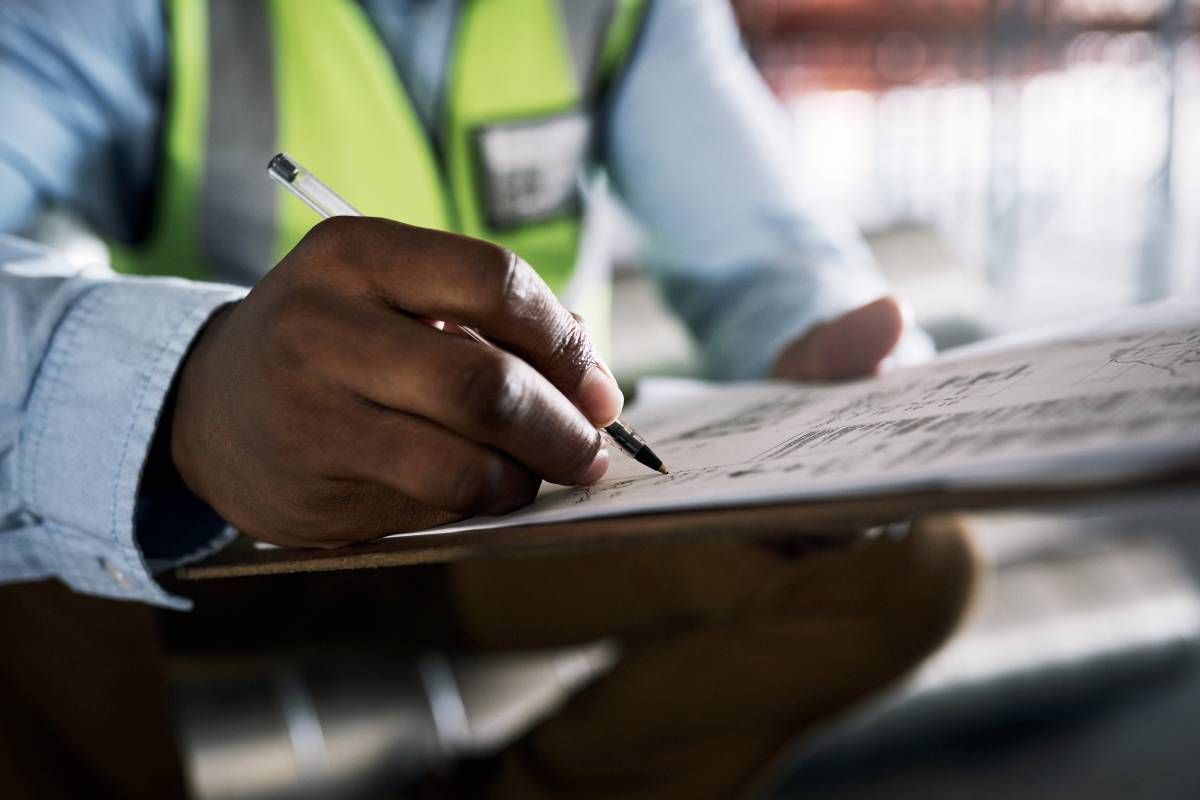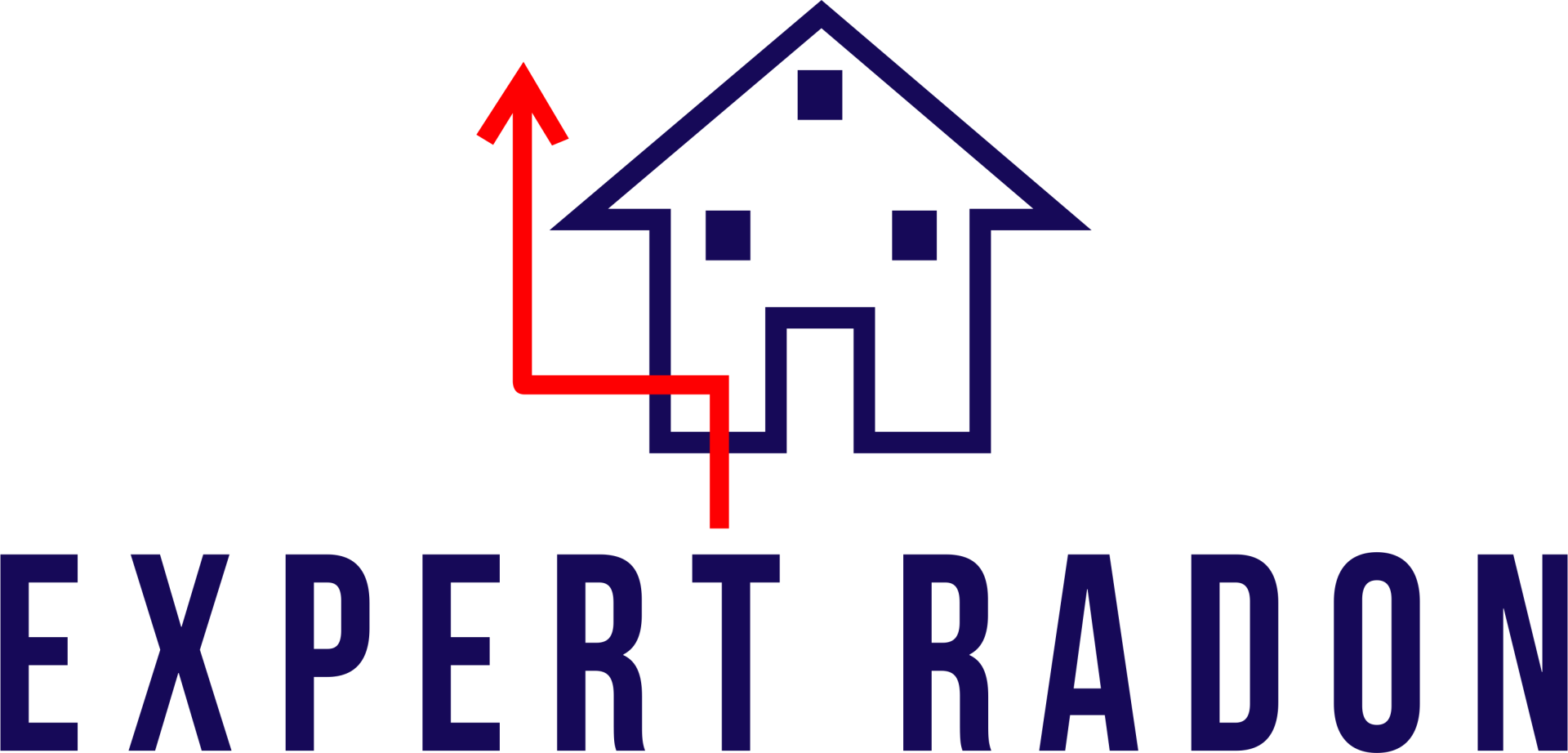Radon 101: What is Radon and Why Do You Need a Radon Mitigation System?
Radon is a naturally occurring radioactive gas produced by the decay of uranium in soil and rocks. It is colorless, odorless, and tasteless, which makes it difficult to detect without specialized equipment. Radon can seep into homes through cracks in the foundation, walls, and floors and accumulate to dangerous levels over time.

Why You Need a Radon Mitigation System
Radon is a known carcinogen and the second leading cause of lung cancer in the United States, responsible for approximately 21,000 deaths every year. It is difficult to detect without specialized equipment, and exposure to high radon levels can pose serious health risks. To lessen the risk of health issues due to toxic levels of radon, it takes a specialized form of detection to ensure your safety.
These systems are in place to reduce radon levels in buildings, and they typically involve a set of specialized techniques conducted by professionals. Radon mitigation systems reduce the levels of radon gas in a building. High radon levels can be dangerous to human health and are a leading cause of lung cancer.
How Do Radon Mitigation Systems Work?
Radon mitigation systems typically involve installing ventilation that draws the radon gas out of the building and releases it safely into the atmosphere. This process is usually achieved by drilling a small hole in the foundation of the building and inserting a pipe connected to a fan. The fan draws the radon gas up through the line and vents it outside, where it can dissipate harmlessly.
In addition to ventilation systems, other mitigation techniques can include sealing cracks and gaps in the foundation or installing a barrier to prevent radon from entering the building in the first place. Trained professionals can install radon mitigation systems and require regular checks to ensure they work effectively.
Even homes in low-risk areas can have elevated radon levels. That's why it's essential to have a radon test done in your home to determine the levels of radon present. If the radon levels in your home are above the EPA recommended level of 4.0 pCi/L, it's crucial to have a radon mitigation system installed to reduce the levels of radon gas.
Cost of Radon Mitigation Systems
Radon mitigation systems can cost anywhere from $700 to $4,000, depending on the home's size and the system's complexity. The average homeowner will pay around $1,000 for a radon mitigation system. While the cost may seem significant, the health risks associated with high levels of radon exposure are far more critical.
Get Radon Testing near Lexington, KY
As you can see, radon is very dangerous in your home. It's essential to have a radon test done to determine if the levels of radon present are harmful to you and your loved ones' health. If the levels are above the recommended limit, it's paramount to have a radon mitigation system installed to reduce the levels of radon gas.
When testing is needed, you’ll want to call the right company. At Expert Radon, we pride ourselves on giving you the best radon mitigation testing in Lexington, KY. If you feel that you need radon testing or have any questions, don’t hesitate to contact us online or give us a call at (859) 533-1222.
Expert Radon serves Lexington, KY, Fayette, Scott, Madison, Woodford, Jessamine, and Clark Counties.

